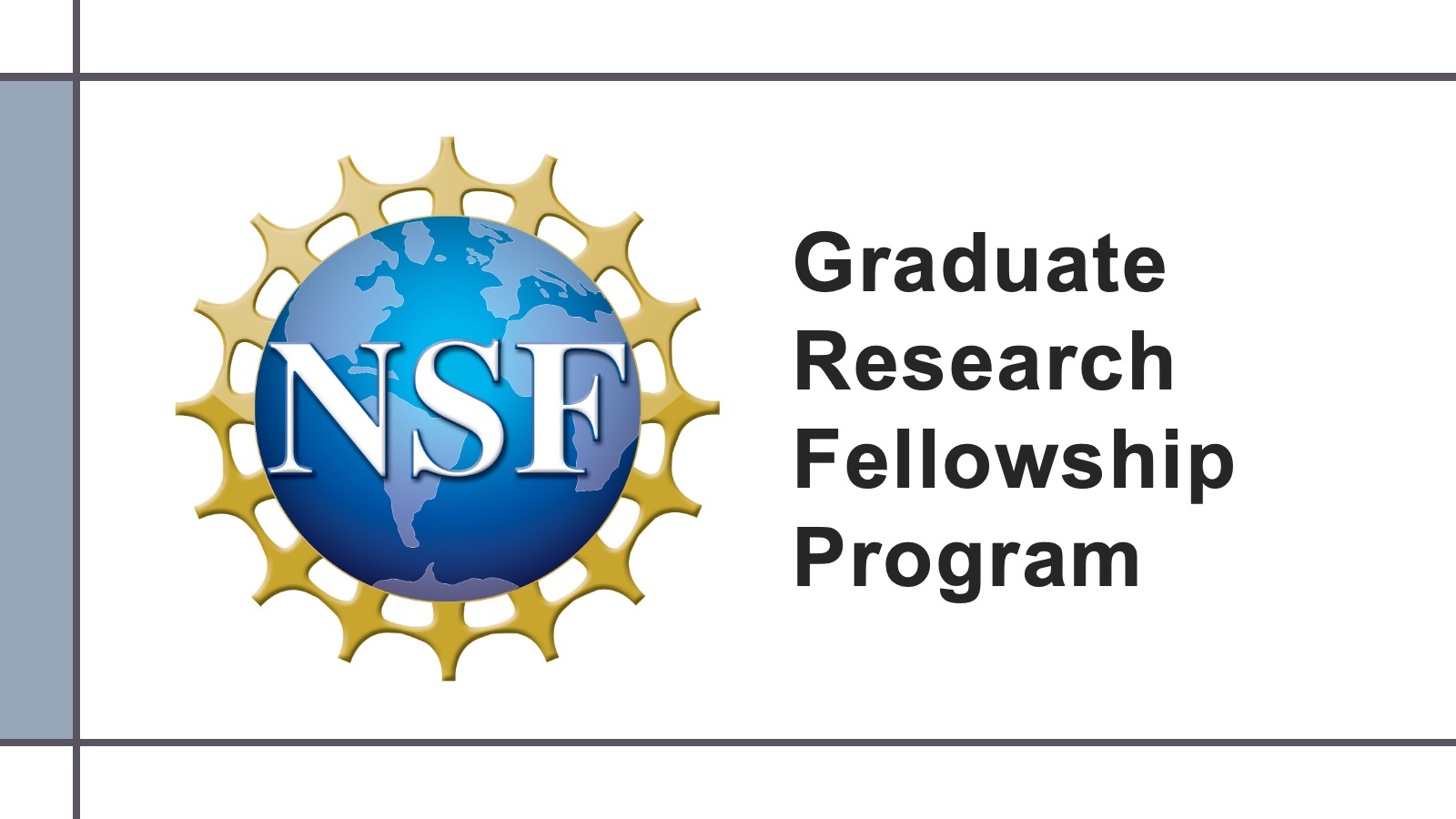
- This event has passed.
Virtual Office Hour: NSF Graduate Research Fellowship Program (GRFP) Updates

August 15, 2023 • 2:00 pm - 3:00 pm
NSF’s Division of Biological Infrastructure is hosting a virtual office hour at 2 – 3 p.m. CDT on Tuesday, August 15, when Program Officers will introduce the NSF Graduate Research Fellowship Program (GRFP) and discuss recent updates to the GRFP solicitation. They will also provide tips on how to write a great GRFP application. It is an opportunity to raise questions and communicate directly with program officers in your field.
Please join at 2 – 3 p.m. CDT on Tuesday, August 15, and be sure to register.
https://nsf.zoomgov.com/webinar/register/WN_gb5OILkZSIqTjrHGBJs09A
The NSF Graduate Research Fellowship Program provides a prestigious award that supports research-oriented students in a wide range of STEM and social science fields during graduate school. Please distribute this invitation to all who may be interested.
The purpose of the National Science Foundation (NSF) Graduate Research Fellowship Program (GRFP) is to help ensure the quality, vitality, and diversity of the scientific and engineering workforce of the United States. The program recognizes and supports outstanding graduate students in NSF-supported STEM (science, technology, engineering and mathematics) disciplines who are pursuing research-based master’s and doctoral degrees at accredited US institutions.
The five-year fellowship includes three years of financial support, including an annual stipend of $37,000 and a cost-of-education allowance of $12,000 to the institution.
The 2024 GRFP Competition application opened in July with application deadlines varying by field of study, starting Oct. 16 (see list).
View the Program page.
NSF will continue to fund outstanding Fellowships in all areas of science and engineering supported by NSF, including the high priority research areas of Artificial Intelligence, Quantum Information Science, and Computationally Intensive Research. Applications are encouraged in all disciplines supported by NSF that incorporate these high priority research areas. NSF actively encourages women, members of underrepresented minority groups, persons with disabilities, veterans, and undergraduate seniors to apply.
 National Science Foundation RII Track-1 Project:Expanding Research, Education and Innovation in South Dakota
National Science Foundation RII Track-1 Project:Expanding Research, Education and Innovation in South Dakota